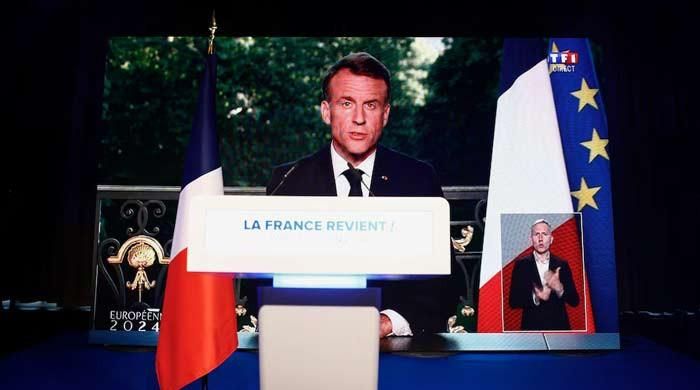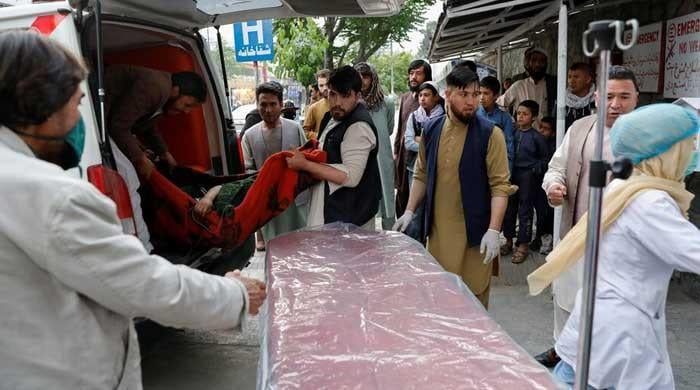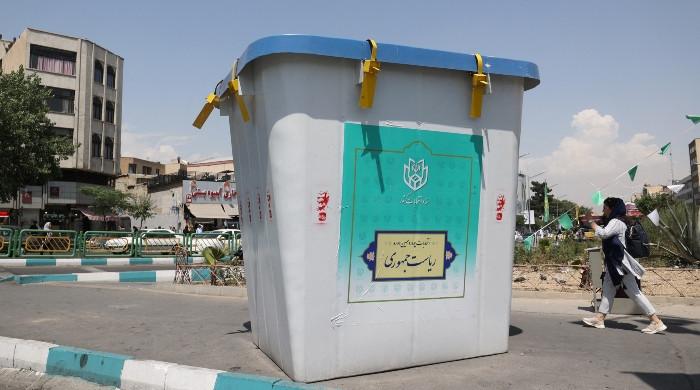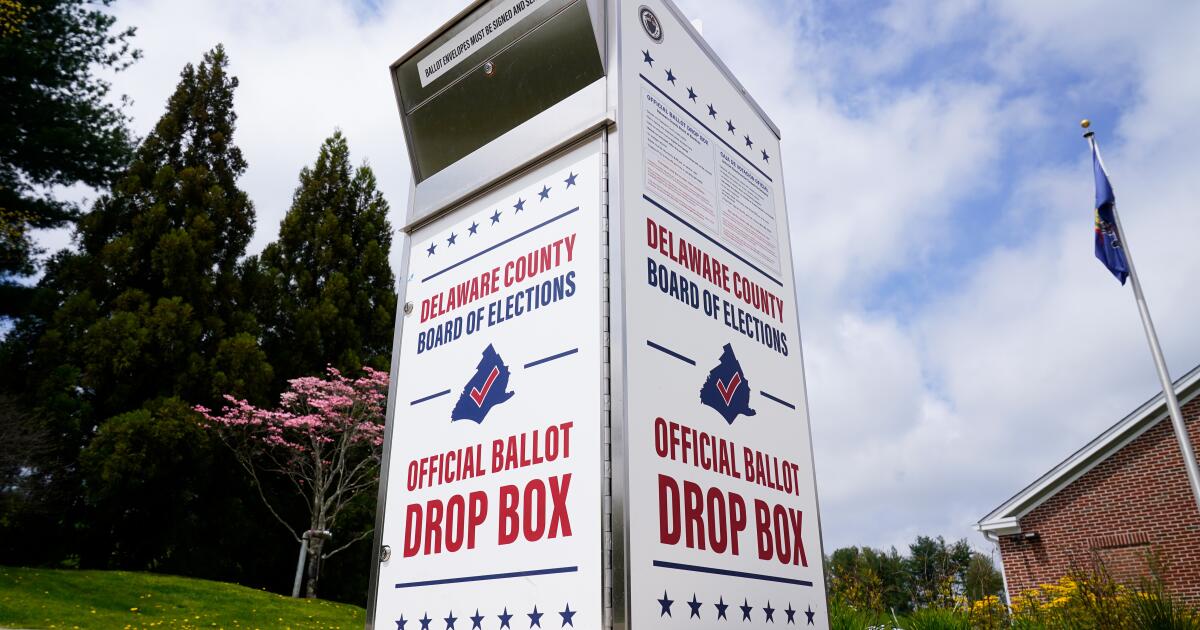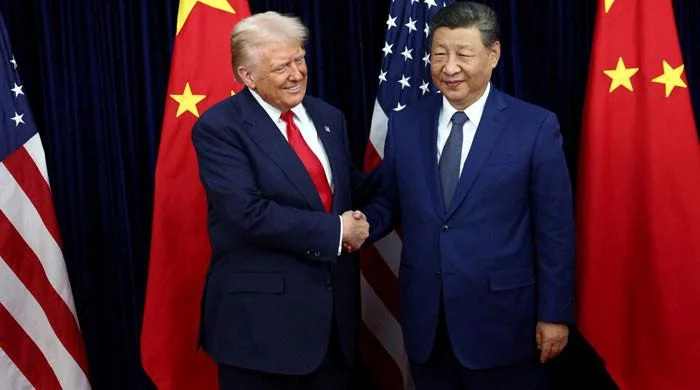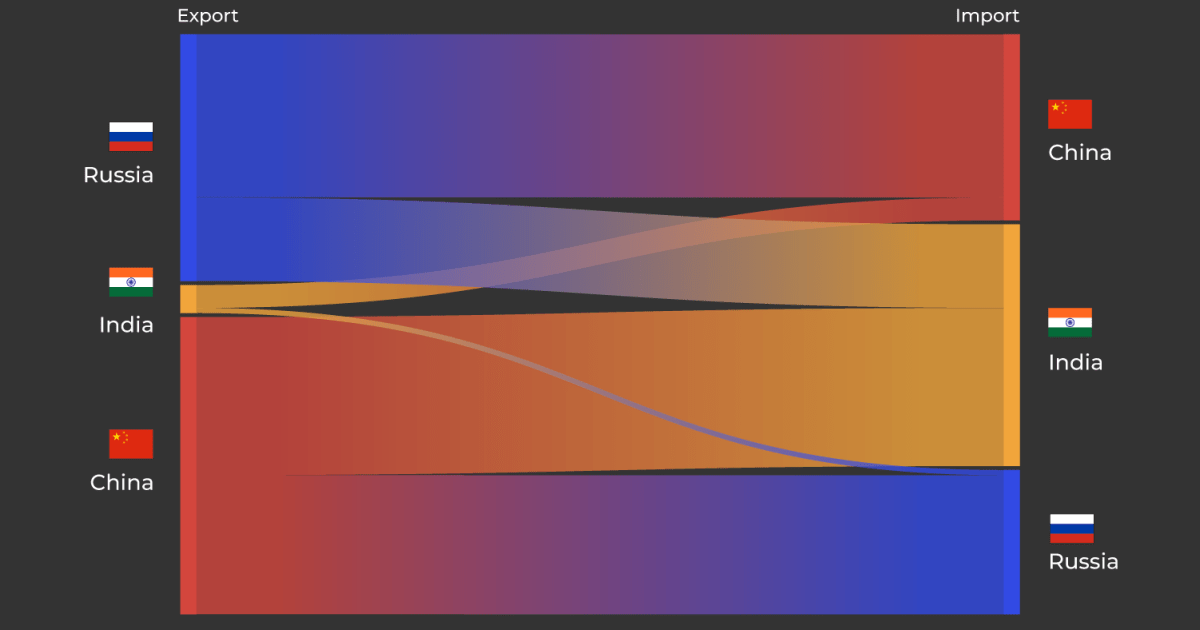- President Macron acknowledges the EU's dismal outcome.
- RN wins around 32% of the vote in Sunday's vote.
- Macron's current mandate runs until spring 2027.
French President Emmanuel Macron on Sunday dissolved his government and called early parliamentary elections after Marine Le Pen's far-right party defeated him in the European Union vote, the guardian reported.
This decision has caused significant political unrest in France and has given the far right the opportunity to gain real political power.
Macron, 46, acknowledged the dismal EU result and called lower house elections on June 30, with a second round on July 7.
If Le Pen's National Rally (RN) party wins a parliamentary majority, Macron would have little influence on domestic affairs.
“This is an essential moment for clarification,” Macron said in an address to the nation. “I have heard your message, your concerns and I will not leave them unanswered… France needs a clear majority to act in serenity and harmony.”
Led by the telegenic Jordan Bardella, 28, the RN won about 32% of the vote in Sunday's vote, more than double Macron's 15%, according to exit polls. The socialists were one step behind Macron, with 14%. Reuters reported.
Macron won re-election in 2022. His current term runs until spring 2027 and he cannot run again.
Bardella was the first to urge Macron to call early legislative elections, telling his supporters after the projections were announced that French voters had “expressed a desire for change.” The country “has given its verdict and there is no recourse,” he said.
Le Pen, widely considered the favorite for the 2027 election in which Macron will not be able to run, welcomed his decision.
“We are ready to take power if the French give us their confidence in the next national elections,” he said at a rally.
Macron's Renaissance party currently has 169 lower house legislators, out of a total of 577. The RN has 88.
If the RN wins the majority, Macron would continue to direct defense and foreign policy, but would lose the power to set the domestic agenda, from economic policy to security.

